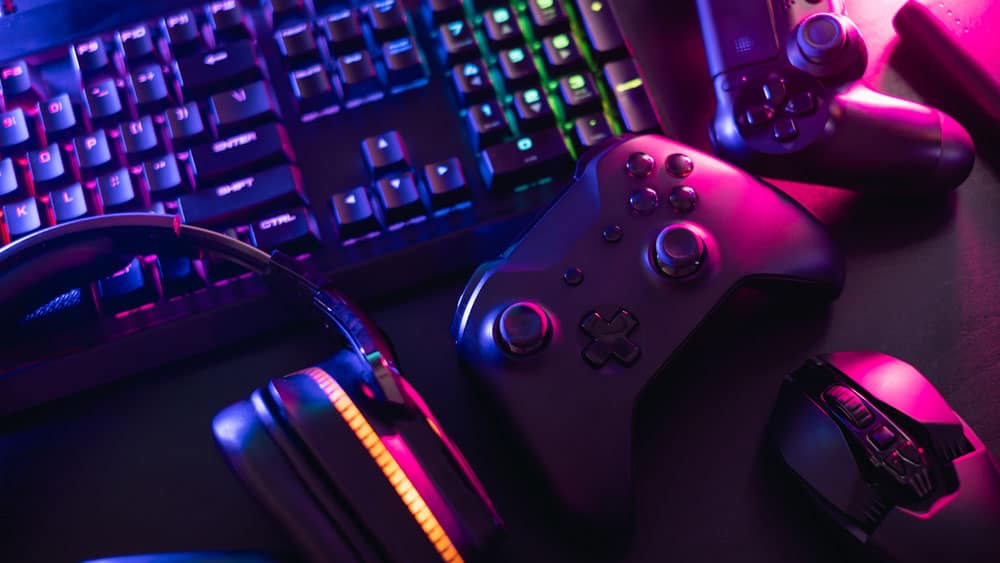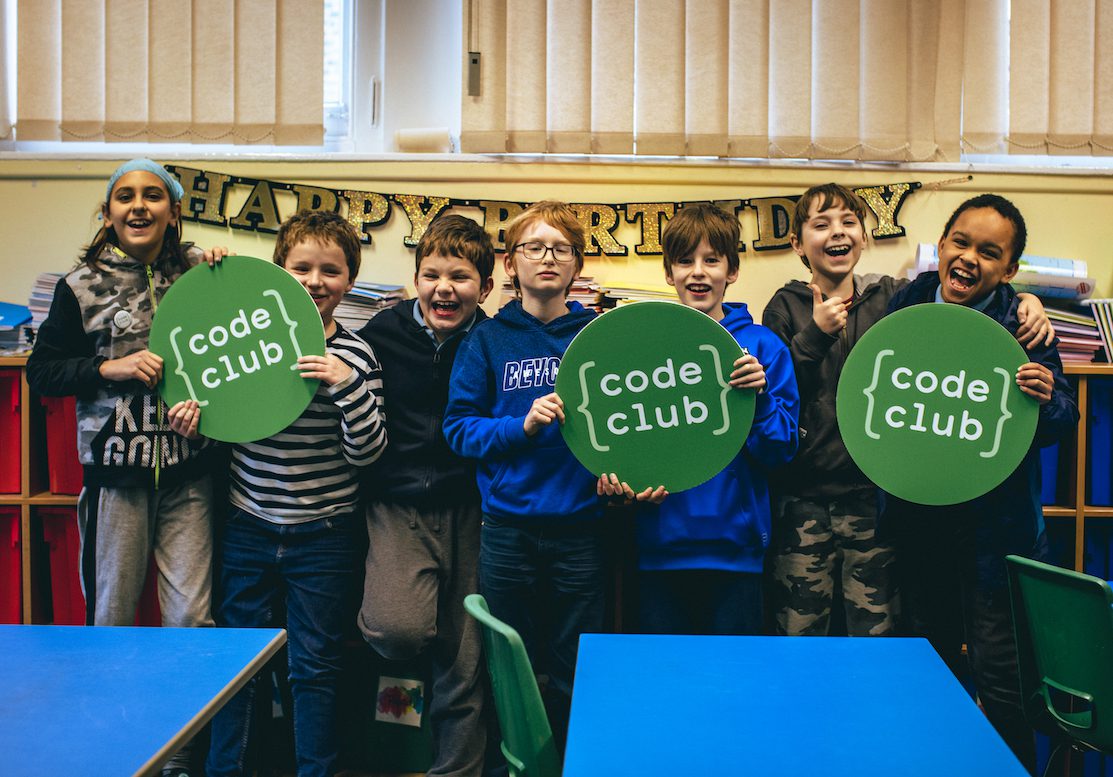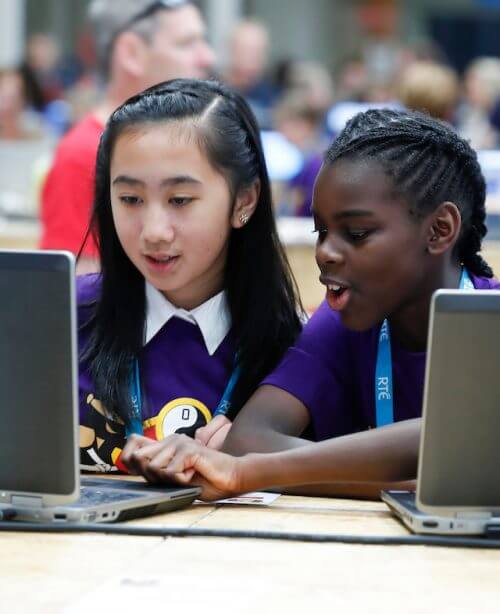Schlagwort: free resources
-

Say “aye” to Code Club in Scotland
Reading Time: 5 minutesSince joining the Raspberry Pi Foundation as a Code Club Community Manager for Scotland earlier this year, I have seen first-hand the passion, dedication, and commitment of the Scottish community to support the digital, personal, and social skills of young people. Code Club launched in schools in 2012 to give opportunities to…
-

Say “aye” to Code Club in Scotland
Reading Time: 5 minutesSince joining the Raspberry Pi Foundation as a Code Club Community Manager for Scotland earlier this year, I have seen first-hand the passion, dedication, and commitment of the Scottish community to support the digital, personal, and social skills of young people. Code Club launched in schools in 2012 to give opportunities to…
-

New free resources for young people to become independent digital makers
Reading Time: 5 minutesOur mission at the Raspberry Pi Foundation is to help learners get creative with technology and develop the skills and confidence they need to make things that matter to them using code and physical computing. One of the ways in which we do this is by offering learners a catalogue of more…
-

New Wolfram Mathematica free resources for your Raspberry Pi
Reading Time: 3 minutesWe’ve worked alongside the team at Wolfram Mathematica to create ten new free resources for our projects site, perfect to use at home, or in your classroom, Code Club, or CoderDojo. Try out the Wolfram Language today, available as a free download for your Raspberry Pi (download details are below). The Wolfram Language…



